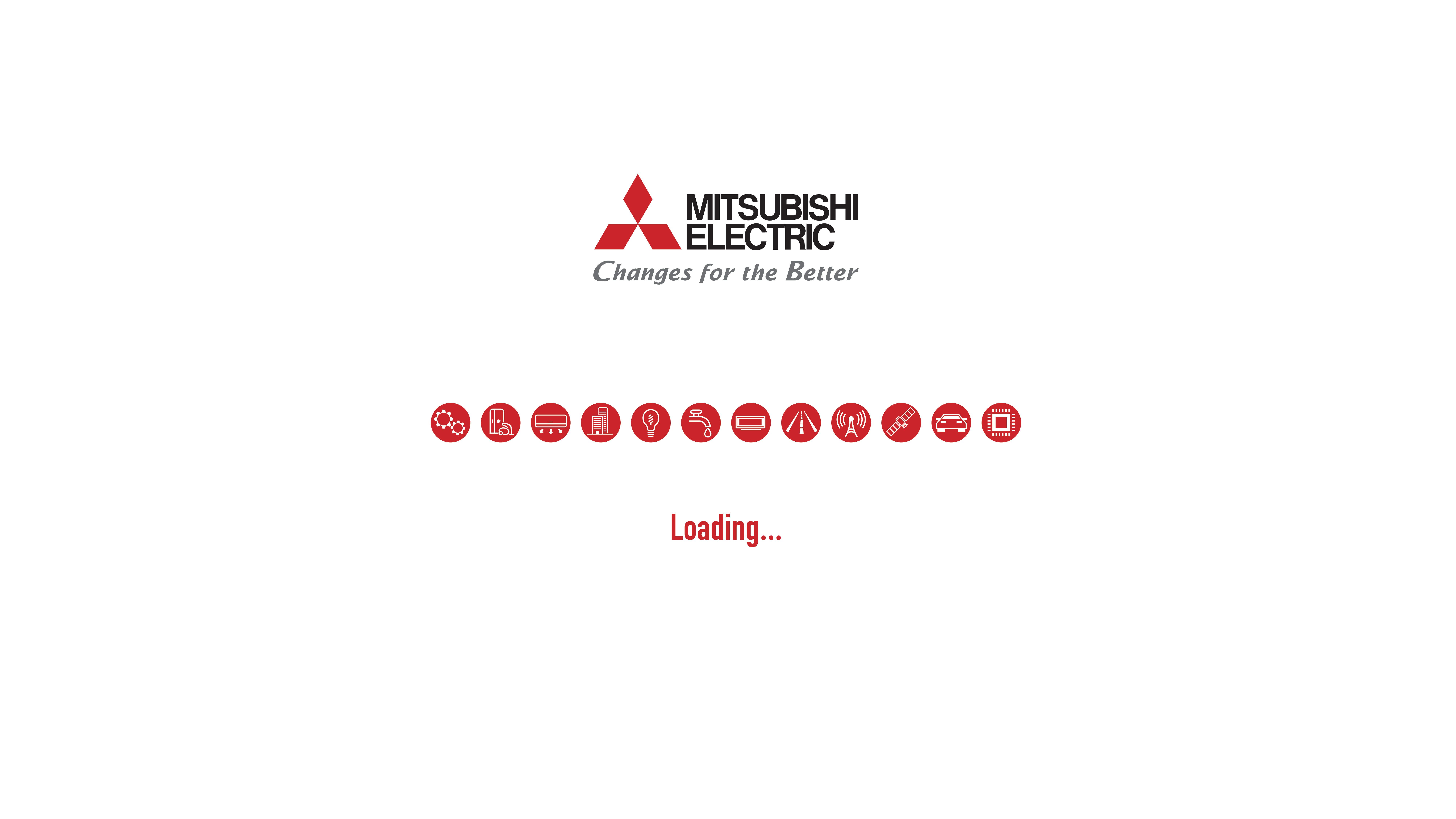Sustainable Design: LEED platinum - Winning Green Building Solutions

Japan House São Paulo, Brazil
Japan House São Paulo, a cultural center built in 2017, has just been awarded the highest level by LEED, one of the world’s leading assessors of a building’s environmental standards. This achievement highlights the sustainable design expertise of Mitsubishi Electric, who provided the facility with one of its custom-engineered building solutions.

Japan House São Paulo with LEED Platinum 2020 Prize
A Platinum-LEED Winner
Japan House is a one-of-a-kind institution that serves as a global launchpad for contemporary Japanese culture in a diverse range of fields, including art and design, craft, architecture, food, and entertainment. Launched by the Japanese government in 2017, the initiative has, under the guidance of Japan’s top creatives, promoted the unique blend of tradition and innovation that defines contemporary Japanese culture to cities as varied as São Paulo, Los Angeles, and London.
But cultural exports are not the only thing that Japan House is known for. In April 2020, Japan House São Paulo was awarded Platinum certification by LEED (Leadership in Energy and Environmental Design), a rating system that grades a building or city on its environmental impact. The system, developed by the U.S. Green Building Council, is used by Green Business Certification Inc. to encourage developers to reduce the environmental burden of their projects by cutting the use of construction materials and energy and employing reusable energy sources — choices that in the long run will also make the buildings more comfortable for both the people who work in them and visitors.
These "green building" initiatives reflect the growing reality — as espoused by corporations and governments around the world — that sustainability is one of our most pressing topics. Functionality, amenities, and design are no longer the only determiners of a property’s worth; energy efficiency and impact on the surrounding environment have also become important factors. LEED has been a major driver of this trend — it has been used to assess buildings and cities in more than 160 countries.
Sustainability across the board
Japan House São Paulo stands along Paulista Avenue, a major São Paulo thoroughfare. It is a fully renovated 2,500-square-meter building that features an eye-catching wood lattice façade made with over-70-year-old Japanese cypress, designed by renowned architect Kengo Kuma. The interior space has been curated so that visitors can fully immerse themselves in Japan’s contemporary lifestyles. Japan House São Paulo has already received more than 2 million visitors.
To be awarded LEED’s highest Platinum level, Japan House São Paulo needed to achieve 80 out of a possible 100 points by passing criteria in seven categories:
- Sustainable Sites
- Water Efficiency
- Energy & Atmosphere
- Materials & Resources
- Indoor Environmental Quality
- Innovation
- Location & Transportation
Japan House São Paulo managed to score 80 in the LEED for Existing Buildings: Operations and Maintenance — just making the cut for Platinum certification. There are four levels of LEED Certification: Certified (40-49 points), Silver (50-59 points), Gold (60-79 points), and Platinum (80+ points). One valuable tool that helped Japan House São Paulo earn this recognition was Mitsubishi Electric’s building solution.

Highly regarded building solutions
A critical aspect of the solution that Mitsubishi Electric provided Japan House São Paulo is the building management system (BMS), which incorporates the MC Works64 supervisory control and data acquisition software. The system allows building management to collate information on the amount of energy (including electricity and gas) and water used not only by the building as a whole, but also by each facility and each piece of equipment.

Programmable Logic Controller (PLC) iQ-R series in BMS system helps visualize and manage all building operating parameters in real-time, in order to save operating costs and increase the product lifecycle in the building.
This data is then analyzed for results that are presented in a visually intuitive format that makes it easier to pinpoint areas where energy use can be reduced. A BMS is an essential criterion for achieving LEED certification — Mitsubishi Electric’s system helped Japan House São Paulo perform well in Energy and Atmosphere, as well as in Environmental Quality.

GOT 2000 and air conditioner controller installed in panel door. Convenient for the process of monitoring information and reporting data.
Mitsubishi Electric’s solution also features EcoMonitor energy measuring units and monitoring inverters for efficiently managing energy use and performing preventive maintenance on the equipment. One aspect in particular that helped Japan House São Paulo rack up points was Mitsubishi Electric’s air control system. When HVAC (Heating, Ventilation, and Air Conditioning), on average, makes up close to 40 percent of a building’s energy consumption, a high-quality system can greatly improve the building’s energy efficiency.

Mitsubishi Electric’s Ducted Indoor Unit in Japan House São Paulo.
Today, "sustainability" is no longer a marketing term thrown about simply to make a project sound attractive. It is a demand — in both the public and private sector — for buildings that represent a firm commitment to the environment and can produce demonstrable results. Through Japan House São Paulo and other projects, Mitsubishi Electric has amassed a sizable knowledge base that it can employ towards assisting clients in attaining LEED certification — and in the process, ensure that more green buildings will appear throughout cities.
Click here to experience the demo version of the BMS system
*The content is true and accurate as of the time of publication.
*Information related to products and services included in this article may differ by country or region.






